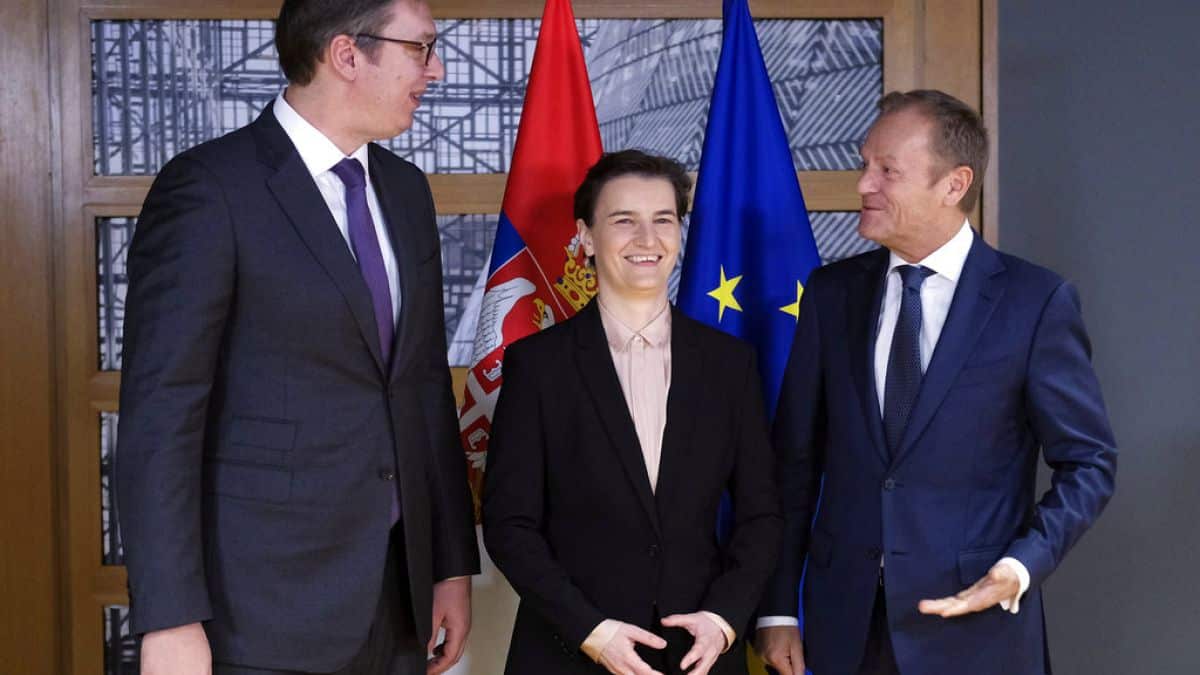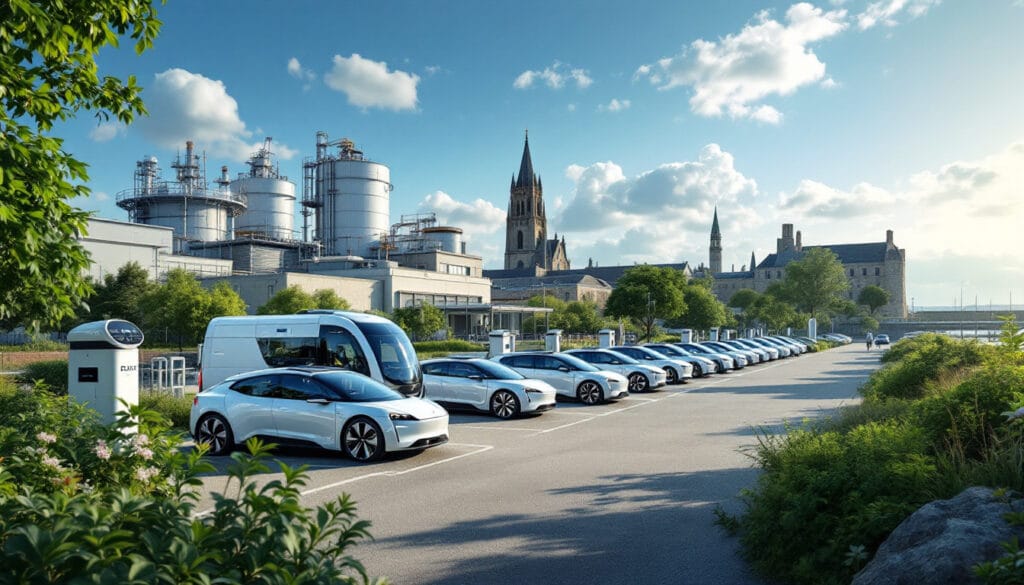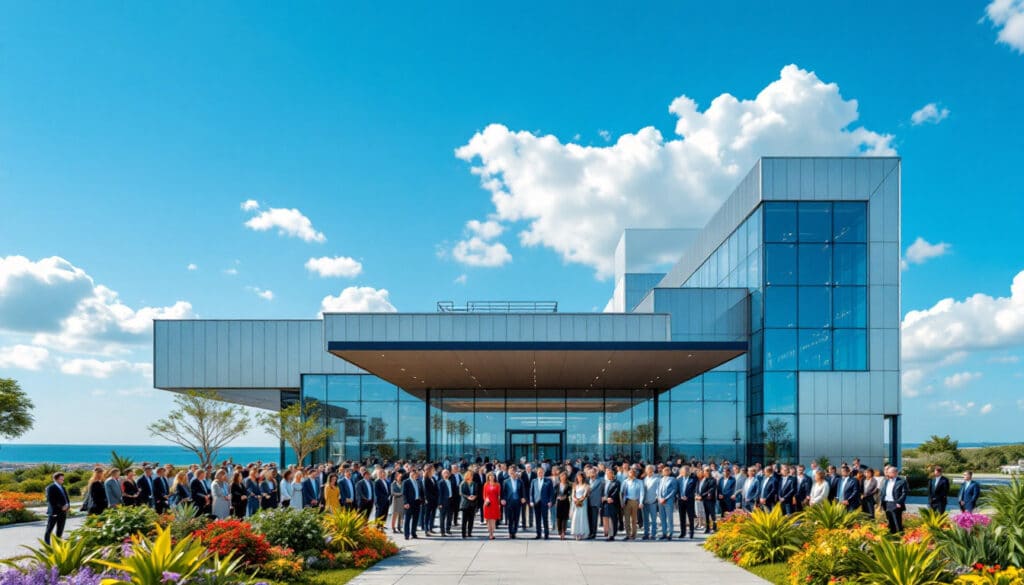Serbia is currently the scene of a heated debate regarding the lithium mining project initiated by Rio Tinto. This initiative raises numerous questions and raises concerns about its potential consequences on the environment and local populations. It is crucial to carefully analyze all aspects of this project and consider balanced solutions to reconcile economic development with the preservation of the ecosystem and the interests of residents.
Table des matières
ToggleThe Turnaround for Rio Tinto in Serbia

In a matter of weeks, Rio Tinto has experienced a dramatic turn of fortune in Serbia. After two years of stagnation, the giant lithium mine project in Jadar has been revived. In 2022, the Serbian government suspended the project’s permit due to massive social pressure, just before crucial elections for President Alexander Vucic. However, on July 16, the Belgrade government restored the permit initially granted to Rio Tinto.
The Motivations Behind the Reversal
This decision follows a ruling by the Serbian Constitutional Court, issued on July 11, deeming the cancellation of permits unconstitutional. On the other hand, President Alexander Vucic has already expressed his intention to revive the project, stating he has obtained new guarantees from Rio Tinto regarding the environmental impact and social commitment.
Crucial Steps Ahead

Although the Serbian government suggests a possible start of the project in 2028, Rio Tinto remains cautious. “The project will still have to go through a long phase of legal procedures and environmental assessments, as well as public consultations,” the group clarified. Recently published preliminary studies detail the environmental impact of the mine and waste storage measures at the Jadar site.
A Strategic Project for Europe
The restart of this project is of crucial interest to Europe, which seeks to diversify its supplies of lithium, essential for electric vehicles. The upcoming visit of German Chancellor Olaf Scholz and European Commission Vice President Maros Sefcovic to Belgrade highlights the importance of this project for the European Union.
The Economic Impact for Serbia
Serbia is betting on mining activity to boost its economic development. The government aims to raise the weight of the mining sector to 10% of GDP. Rio Tinto, having an uninterrupted local presence, hopes to extract nearly 58,000 tons of lithium carbonate from its deposit, a critical resource to equip nearly one million electric vehicles.
Oppositions and Social Issues
Rio Tinto has held 135 meetings in the region to address local concerns, notably the risks of pollution and expropriations. The group emphasizes the 1,300 qualified and well-paid jobs that the project could generate. However, protests have already taken place in Belgrade following the constitutional court’s decision, showing that opposition to the project remains significant.
Projet minier de montagne d'or : @GabrielServille pointe le risque de "désastres écologiques, sanitaires et économiques" et réclame un moratoire sur l'utilisation du #cyanure et une consultation du peuple guyanais sur le projet par voie référendaire. #DirectAN #QAG pic.twitter.com/bDHezBWmax
— LCP (@LCP) June 13, 2018
Key Points of the Debate Reignited by Serbia
| Positive Points | Negative Points |
| Economic Revival | Environmental Risks |
| Job Creation | Local Oppositions |
| Lithium Supply for Europe | Long and Complex Processes |
| Government Guarantees | Uncertainties About Actual Impact |
“`




